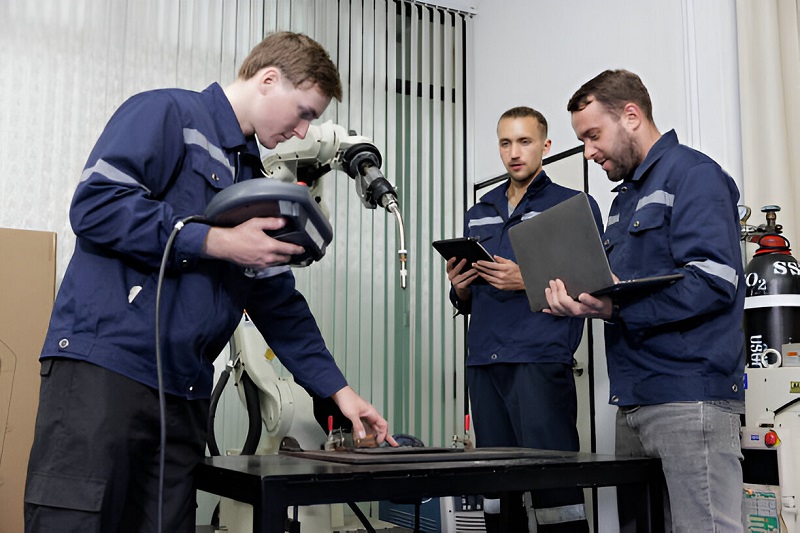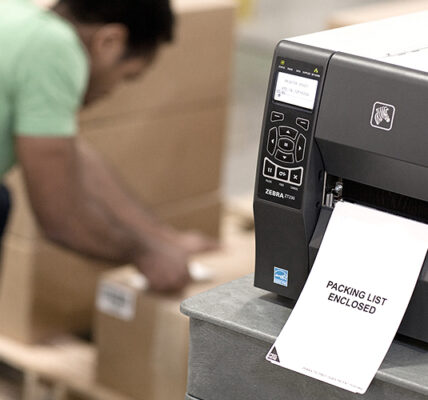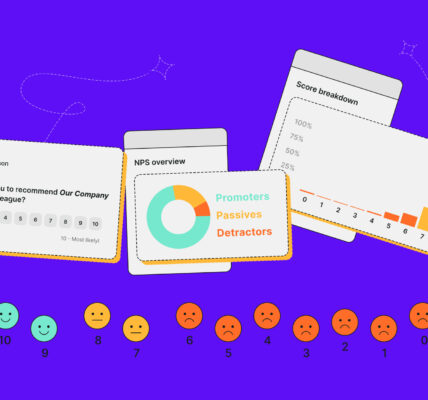Artificial intelligence (AI) and machine learning (ML) greatly enhance industrial robots by enabling efficient data processing, learning from experience, and autonomous decision-making.
AI improves navigation and quality control through computer vision, while ML allows adaptation to changing conditions and complex tasks like object recognition.
Predictive maintenance powered by AI helps monitor performance and minimize downtime, increasing robot versatility and efficiency.
DAC.Digital, a company based in Europe has enough expertise to offer various AI solutions for manufacturing that can help streamline and improve several aspects of manufacturing processes.
Why is AI/ML important for process manufacturing plants?
AI is used by process plants to analyse and combine data, producing insights that improve decision-making.
A branch of artificial intelligence called machine learning (ML) examines big datasets to find patterns and trends that allow for precise prediction-making.
Machine learning (ML) forecasts changes in supply and demand, optimizes maintenance plans, and identifies irregularities early on.
By taking the help of AI and ML, companies involved in manufacturing can:
- Find new efficiencies
- Cut waste to save money
- Understand market trends and changes
- Meet regulations and industry standards
- Can improve safety
- Reduce their environmental impact
- Increase product quality
- Find and remove bottlenecks in their production process
- Improve visibility into supply chain
- Improve distribution networks
- Detect the earliest signs of failure
- Cut downtime
- Carry out repairs more quickly
- Conduct more accurate root cause analysis
- Optimize equipment lifecycle
How can AI/ML be exploited in manufacturing?
You can take benefits of AI/ML in manufacturing in the following ways:
1) Improve your data management
To implement AI or ML tools, you require extensive data. Before starting your AI project or building an ML model, ensure you collect relevant data, store it in a centralized, accessible location, and use appropriate data handling platforms to extract and process it into usable datasets.
2) Define your goals
There are numerous uses for ML and AI in manufacturing, each offering potential value and operational improvements.
Begin by identifying areas that can deliver the most immediate benefits or already have the necessary data.
Prioritize these goals to implement AI/ML systematically and effectively, enhancing your bottom line.

3) Apply AI/ML to the entire organization
Starting with AI for specific tasks or ML predictions for particular use cases may not reveal its full impact.
To harness its true potential, connect isolated use cases and apply AI automation and ML capabilities both vertically and horizontally across the organization. This comprehensive approach maximizes the benefits and drives overall efficiency.
4) Assess your available skills
Before applying ML or AI to your plant, ensure you have the right personnel with the necessary skills, such as analysts, data scientists, and IT specialists.
5) Build a data-driven culture
Successfully implementing AI/ML in manufacturing requires a cultural shift toward a data-driven mindset. Build trust by collecting data to generate meaningful insights that help employees in their tasks.
Demonstrating the value of data before deploying ML models and AI algorithms is crucial; otherwise, employees may overlook these tools.
Conclusion
AI and ML significantly enhance manufacturing by improving data management, operational efficiency, and predictive capabilities.
For successful implementation, focus on centralized data, clear goals, comprehensive application, skilled personnel, and fostering a data-driven culture to maximize benefits and drive efficiency.










